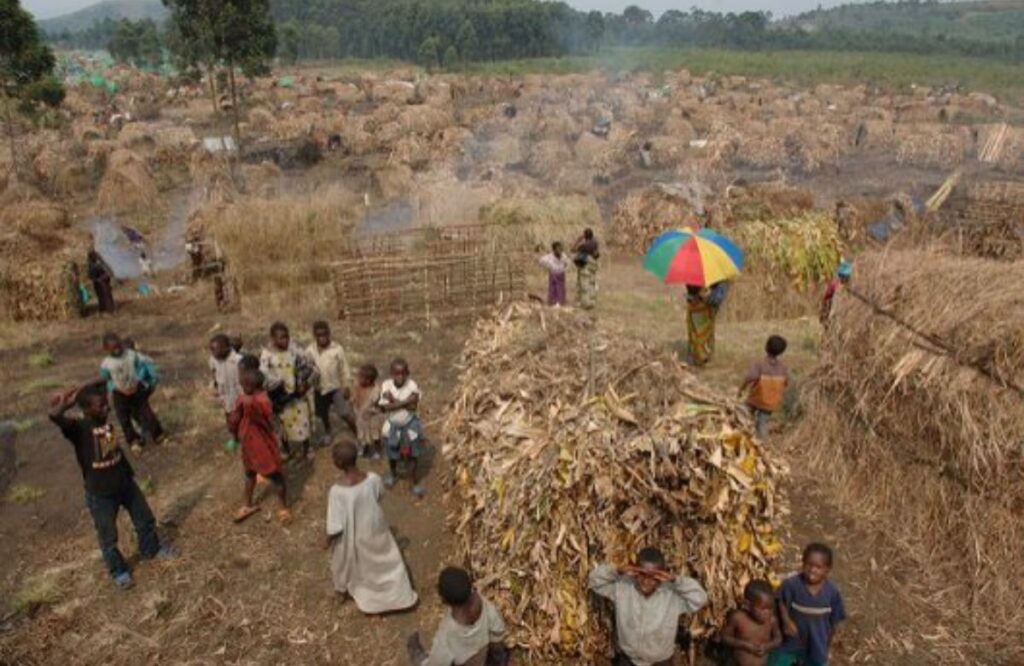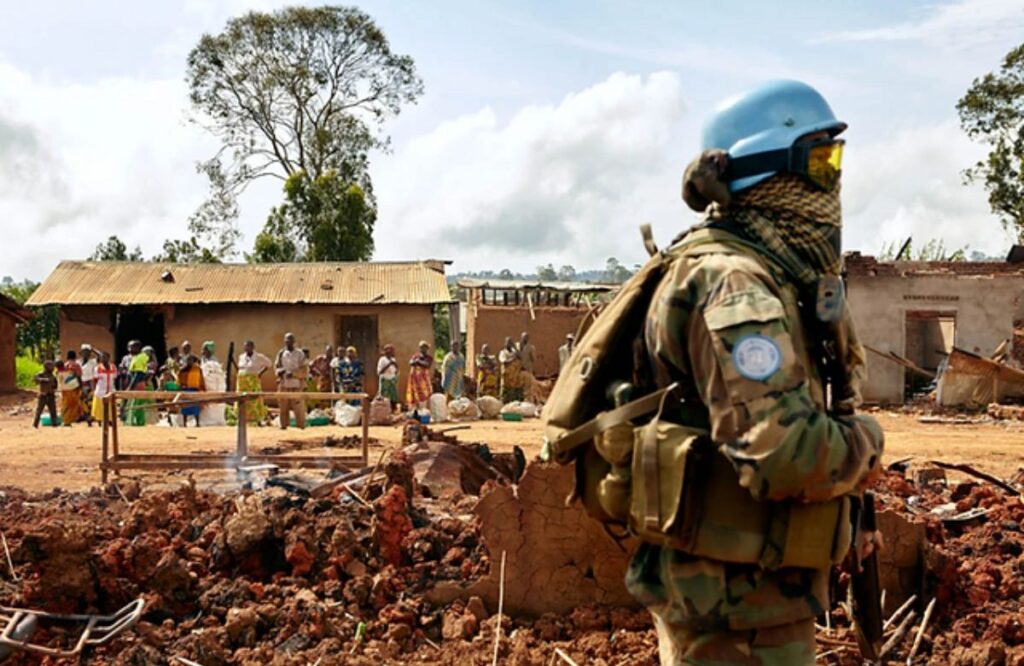The Democratic Republic of Congo, a nation blessed with natural wealth, finds itself ensnared in a heartbreaking tragedy that has been unfolding for years — the silent genocide that has claimed countless lives and left an indelible mark on a nation already scarred by conflict. At the heart of this crisis lies the insidious M23 rebellion, a group responsible for some of the most egregious attacks on the Congolese people. In this article, we delve into the complexities of the genocide in Congo, the menacing M23 attacks, and the forces at play behind this human tragedy.
The Genocide in Congo:
The humanitarian crisis in Congo has been one of the most underreported and overlooked tragedies of our time. The death toll continues to rise as violence, displacement, and atrocities persist, tearing apart families and communities. The roots of this crisis are deeply embedded in the country’s complex history of colonisation, resource exploitation, and political instability.
The term “genocide” aptly captures the gravity of the situation, as countless innocent lives are lost due to targeted violence, displacement, and the erosion of basic human rights.
Sexual violence has become a weapon of war, leaving survivors in physical and emotional agony. The international community has been slow to respond, and the people of Congo are left to endure the horrors of this silent genocide largely on their own.

The M23 Attacks:
At the heart of the Congolese tragedy lies the M23 rebellion, a group responsible for some of the most brutal attacks on civilians. The M23, named after the March 23, 2009, peace agreement, was initially formed by mutinous soldiers in the Congolese army who felt marginalised and neglected. Over time, the group evolved into a formidable force, notorious for its human rights abuses and war crimes.
M23’s attacks have been marked by a ruthless disregard for human life. Massacres, forced recruitment, and displacement have become the hallmarks of their campaign, leaving a trail of devastation in their wake. The group’s leaders have been accused of crimes against humanity, including rape, torture, and the use of child soldiers, further deepening the humanitarian crisis in the region.
Roots of the Conflict:
Understanding the roots of the conflict in Congo requires acknowledging the complex web of political, economic, and historical factors at play. The exploitation of Congo’s vast mineral wealth, coupled with a history of colonialism and a fragile political landscape, has created a breeding ground for violence and rebellion. The M23 insurgency, like many others before it, is fueled by a toxic combination of regional power struggles, ethnic tensions, and the quest for control over valuable resources.

The Oppressor:
Identifying a single oppressor in the Congo crisis is challenging, as the conflict is characterised by a multitude of actors with divergent interests. Regional powers, rebel groups, and even elements within the Congolese government have played roles in perpetuating the violence. The M23 rebellion itself has been accused of having external support, with allegations of neighbouring countries providing both material and logistical assistance.
The international community, too, shares a degree of responsibility for its delayed and fragmented response to the crisis. The lack of a unified and decisive approach has allowed the conflict to fester, leaving the people of Congo at the mercy of armed groups and oppressive forces.
The Call for Action:
As the genocide in Congo persists, the international community must respond with urgency and solidarity. Concerted efforts are needed to address the root causes of the conflict, hold perpetrators accountable, and provide humanitarian assistance to those affected. Diplomatic pressure, peacekeeping initiatives, and support for grassroots organisations working on the ground are essential components of a comprehensive strategy to bring an end to the suffering in Congo.
In conclusion, the genocide in Congo and the M23 attacks represent a tragic chapter in the nation’s history. The complexities of the conflict demand a nuanced understanding of the forces at play and a collective commitment to addressing the root causes. As the world turns its gaze to Congo, let it be with a sense of responsibility, empathy, and an unwavering dedication to bringing about lasting peace in a region that has suffered for far too long.








